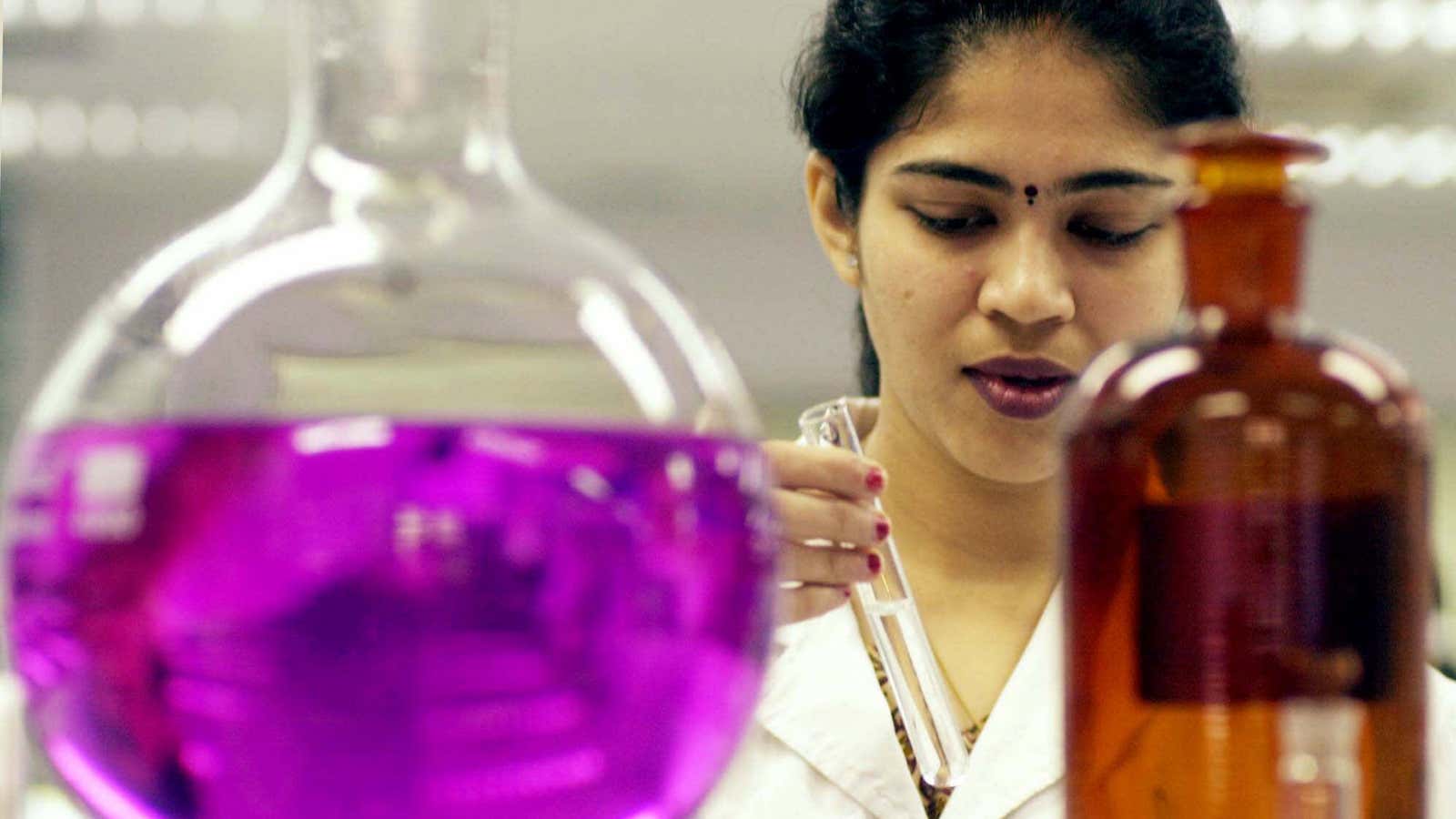The pharmaceutical industry is held in remarkably low esteem right now. It’s seen as a bunch of nefarious pushers who pay off vulnerable doctors to prescribe their latest expensive, mediocre product. Physicians who work with pharma companies are considered especially suspect, routinely described as “cozy,” “in bed with industry,” and “on the take.”
CEO of Kaiser Permanente Robert Pearl wrote last month in a Wall Street Journal commentary, “Patients will continue to be at risk for potential harm until physicians themselves stop participating in these relationships [with industry].” He added that Kaiser, a managed care consortium of almost 15,000 physicians and 9 million patients, prohibits physicians from “being paid to ‘consult’ with drug and device companies.”
I think they have it backwards, though. Drug companies—at least every one that I’ve worked for or consulted with—would like to develop important new medicines that improve health and save lives. That’s what gets every industry researcher I know up in the morning, and what keeps them going through the many highs and lows that characterize the scientific process.
While the biological foundation that enables most contemporary drug discovery was largely built in academic labs, moving from research publication to validated drug is long, difficult, expensive, and very tricky—not least because many academic findings turn out not to be robust enough to support new drug development.
To advance even a solid idea requires, ideally, close communication between industry and outside experts: university researchers, who often developed the science and understand it the best; practicing clinicians, who can describe where the medical needs are the greatest, and what properties an ideal therapeutic would have; and patients, of course, who understand better than anyone else what they need, and where existing approaches may fall short.
We should strive to cultivate, not demonize, these sorts of interactions.
The signaling problem that’s developed is especially unfortunate: we’re taught to distrust the physicians and university researchers who consult the most with industry, yet it’s often these experts who are the smartest scientists or the most experienced clinicians—that’s why companies seek them out. In essence, we’re stigmatizing (and increasingly, seeking to exclude) experts who are arguably the most worthy of our admiration.
It’s true that industry has seen its share of bad actors; so has academia; yet in both cases, we should be careful about generalizing from sensationalized examples to condemn everyone who works in pharma—or in universities, for that matter.
It’s also true that drug companies seek to turn profits, which many seem to regard as fundamentally incompatible with wanting to do good. But Whole Foods CEO and “Conscious Capitalism” champion John Mackey has it right when he explains, “Making high profits is the means to the end of fulfilling Whole Foods’ core business mission. We want to improve the health and well-being of everyone on the planet though higher quality food and better nutrition, and we can’t fulfill this mission unless we are highly profitable.” I enjoy farm-raised salmon and oven-roasted kale as much as any Californian, but I’d like to think that the pursuit of new medicines represents at least as worthy an endeavor.
Looking ahead, many worry that increased focus on cost will further fray doctor/industry relationships, but I see a far more hopeful future.
Increasingly, everyone in health care—providers as well as medical products companies—will be asked to demonstrate the value of their goods and services, asked to prove that they are really making a difference.
Doctors who are paid based on quality metrics, or who are “accountable,” and own some of the risk, will be highly motivated to think especially critically about their therapeutic choices, and are likely to discover many instances where a powerful new medicine turns out to provide the best, most economical option—when total costs are considered.
Medical products companies will also be under tremendous pressure to deliver medicines capable of rigorously demonstrating value . To understand what would be worthy of use, drug companies will need to speak to clinicians; rather than stick their heads in the sand, Kaiser physicians should engage with medical product companies, participate in this dialog, and help increase the chances that they’ll be able to prescribe better medicines to patients in the future. Participating experts also deserve to be compensated for their time, as Kaiser can both well appreciate and precisely calculate.
Emerging information technologies are likely to play increasingly important roles in both assessing and enhancing value . Not surprisingly, leading academic digital health initiatives—including both the Center for Assessment Technology and Continuous Health (CATCH) at MGH and MIT, which I co-founded, and the recently announced Center for Digital Health Innovation (CDHI), at UCSF, both explicitly seek to cultivate partnerships with industry, in particular the tech powerhouses of Cambridge and Silicon Valley.
“Previously, faculty struggled to bring promising concepts to fruition,” explained CDHI director Dr. Michael Blum. “Good ideas will no longer die on the vine.”
That’s ultimately the key issue here: interdependence. Like digital health, drug development is far too important, and far too difficult, for anyone to do by themselves. To have even a fighting chance, stakeholders—pharma companies, university researchers, clinicians, and patients—need to work together, and collaborate as if our future health depends upon it. It probably does.
David A. Shaywitz MD, PhD, is a strategist at a biopharmaceutical company in San Francisco, co-founder of the CATCH Digital Health Initiative at MGH/MIT, and an adjunct scholar at the American Enterprise Institute.
This originally appeared on The Atlantic. Also on our sister site:
The reason immigrants have trouble assimilating
